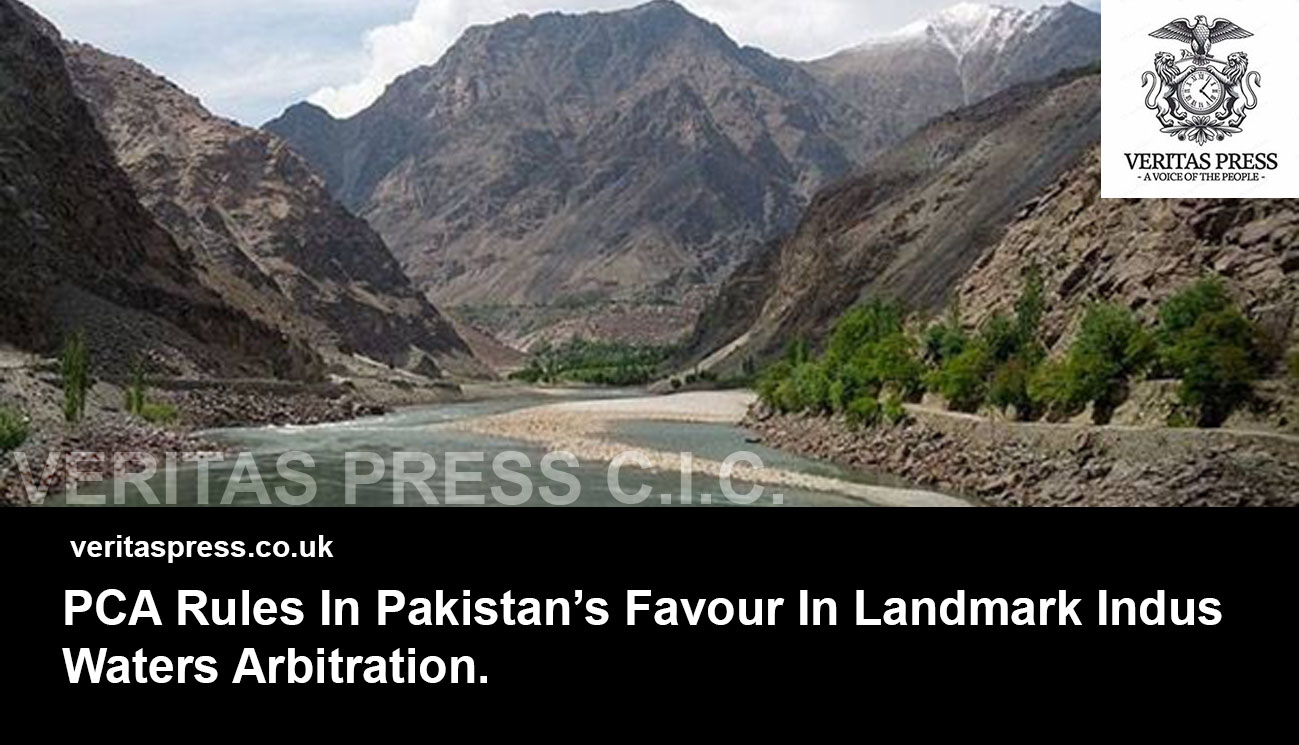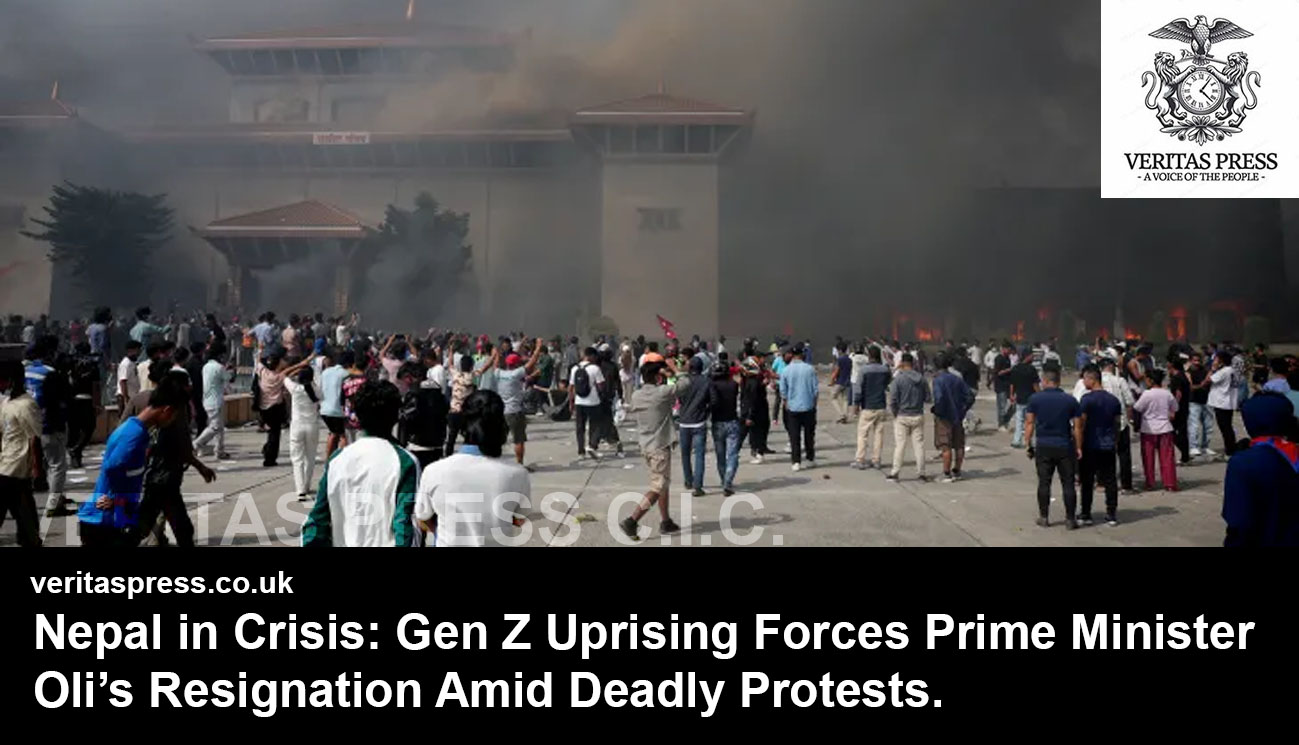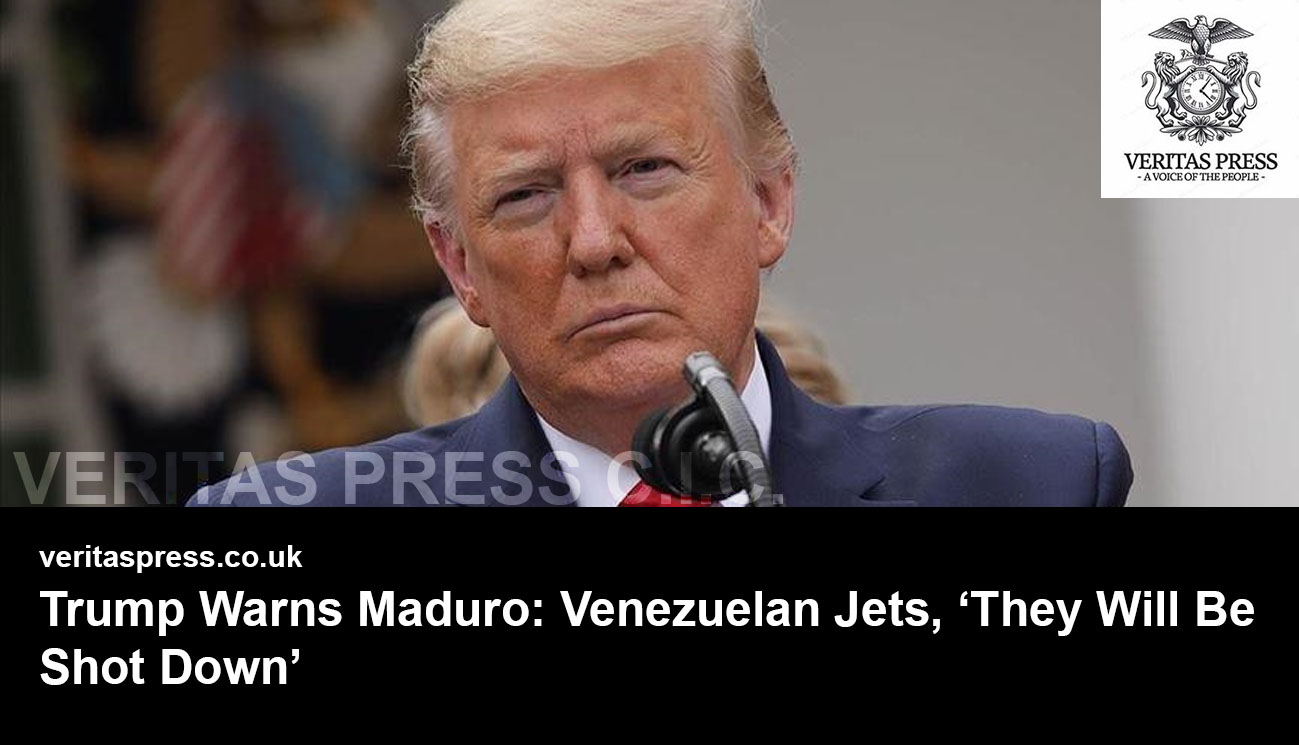Press Release: Veritas Press C.I.C.
Author: Kamran Faqir
Article Date Published: 12 Aug 2025 at 14:38 GMT
Category: South Asia | Pakistan-India | Indus Water Treaty
Source(s): Veritas Press C.I.C. | Multi News Agencies
Historic Decision: India Must “Let Flow” Western Rivers.
In a landmark ruling on August 8, 2025, the Permanent Court of Arbitration (PCA) in The Hague delivered a binding award in favour of Pakistan in its long-standing dispute over the interpretation of the Indus Waters Treaty (IWT). The verdict, made public via the PCA’s website on 11 August, asserts that India must allow the unrestricted flow of water from the Western Rivers, Indus, Jhelum, and Chenab, to Pakistan.
Strict Limits On Hydropower Exceptions:
While the IWT permits India to utilise the western rivers for hydroelectric power under specified exceptions, the PCA emphasises that such exceptions must be narrowly construed. India is required to adhere solely to the Treaty’s explicit provisions, not its own engineering “best practices” or perceived ideals.
Detailed Design Constraints Imposed:
The PCA laid out clear restrictions on key dam components to safeguard Pakistan’s downstream water rights:
- Low-level outlets: Prohibited unless absolutely necessary for sediment control or technical reasons; must be minimal in size and placed at the highest feasible elevation.
- Gated spillways: Discouraged; India is encouraged to design run-of-river plants with ungated spillways when possible.
- Pondage limits: Calculated over a seven-day period during historically low flow rates, and capped at no more than twice that volume.
- Freeboard: Restricted to the minimum necessary for dam safety, in compliance with recognised international standards.
Binding Legal Authority Affirmed:
The PCA reaffirmed that its awards are final, binding, and carry controlling legal weight, not only in India and Pakistan but also on future arbitration panels and neutral experts.
This includes a 2023 award affirming its own jurisdiction and a supplemental award in June 2025, which rejected India’s attempt to hold the Treaty in abeyance, upholding the PCA’s continued competence.
Mixed Global Reactions And Intensifying Tensions:
- Pakistan has welcomed the ruling, hailing it as a major validation of its rights. The Foreign Ministry urged India to immediately resume the IWT’s operations and faithfully implement the Award.
- Conversely, India has rejected the arbitration’s legitimacy. In June 2025, it labelled the Court a “charade” and deemed its authority “illegal”.
Broader Implications Amid Rising Instability:
This ruling comes against a backdrop of heightened regional tensions, including cross-border clashes earlier in 2025 and India’s unilateral suspension of the Treaty following the Pahalgam attack in April. The PCA’s decision not only reaffirms the IWT’s core principles but also underscores the importance of legal mechanisms in transboundary water governance.
Looking Forward:
The verdict explicitly leaves unresolved the fate of India’s Kishanganga and Ratle projects, which remain under separate proceedings. Both nations now face a critical juncture: whether to engage through treaty mechanisms or allow political and legal stalemate to escalate further.
Conclusion: A Victory In Law, A Warning In Reality.
The PCA’s ruling is, on paper, a decisive victory for Pakistan, one that reaffirms the sanctity of the Indus Waters Treaty and rejects India’s unilateral attempts to sidestep its obligations. But in practice, this is less the end of a dispute than the opening act of a longer, more dangerous confrontation.
The Award exposes two hard truths: first, that India’s strategy of “design creep” in dam construction, embedding subtle deviations under the guise of technical efficiency, has long been a way to erode Pakistan’s downstream rights without overtly breaking the Treaty. Central to this strategy has been New Delhi’s “best practices” hydropower argument: the claim that run-of-river projects should be built to what India deems the most efficient or modern engineering standard, even when such designs exceed the Treaty’s limits on pondage, outlet size, and spillway controls. The PCA’s finding that exceptions must be “strictly construed” is an explicit rejection of that approach, stripping away the legal cover for designs that risk withholding or diverting water under the pretext of optimisation.
Second, the ruling underscores that Islamabad’s legal win may still founder on the rock of political non-compliance. India’s open refusal to recognise the PCA’s jurisdiction, and its April decision to hold the IWT in abeyance after the Pahalgam attack, signal a willingness to let political and security grievances spill over into water governance. The suspension of data-sharing, critical for monitoring flows, has already degraded trust, and the Award alone cannot compel its restoration.
Water here is not merely an engineering resource; it is a lever of power in one of the most militarised regions on earth. The PCA’s restrictions on low-level outlets, gated spillways, and pondage are not bureaucratic technicalities; they are safeguards against the gradual throttling of a downstream nation’s lifeline. The insistence on early-stage consultation with Pakistan before India finalises designs is recognition that, without proactive oversight, even a legally compliant blueprint can be weaponised in practice.
For Pakistan, the verdict is a diplomatic windfall and a legal precedent. But for both nations, it is also a test of whether 65 years of fragile water-sharing can withstand an era of climate stress, nationalist politics, and weaponised infrastructure. If the Award becomes another ignored ruling in the annals of South Asian disputes, the precedent it sets will be stark: water treaties, even the most celebrated, are only as strong as the weakest moment of political will.
In the end, the PCA has handed Islamabad a tool, not a shield. Whether it becomes the basis for renewed cooperation or the trigger for the next water crisis will be decided not in The Hague, but in the corridors of New Delhi, Islamabad, and at the snow-fed headwaters of the Indus itself.
Tags:













Leave a Reply